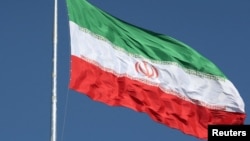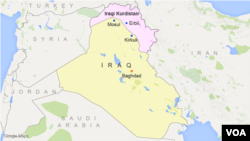
Iranian security forces have arrested four female Kurdish activists in Kurdistan province following International Women’s Day celebrations on March 8. The Kurdistan Human Rights Network confirmed the arrests. Rights groups and activists believe these arrests are part of a wider crackdown on Kurdish women.





